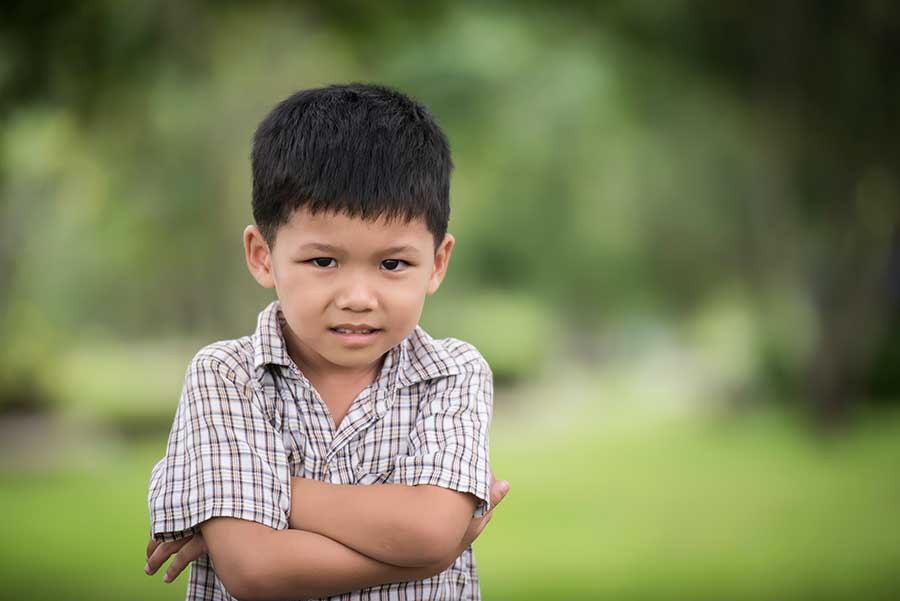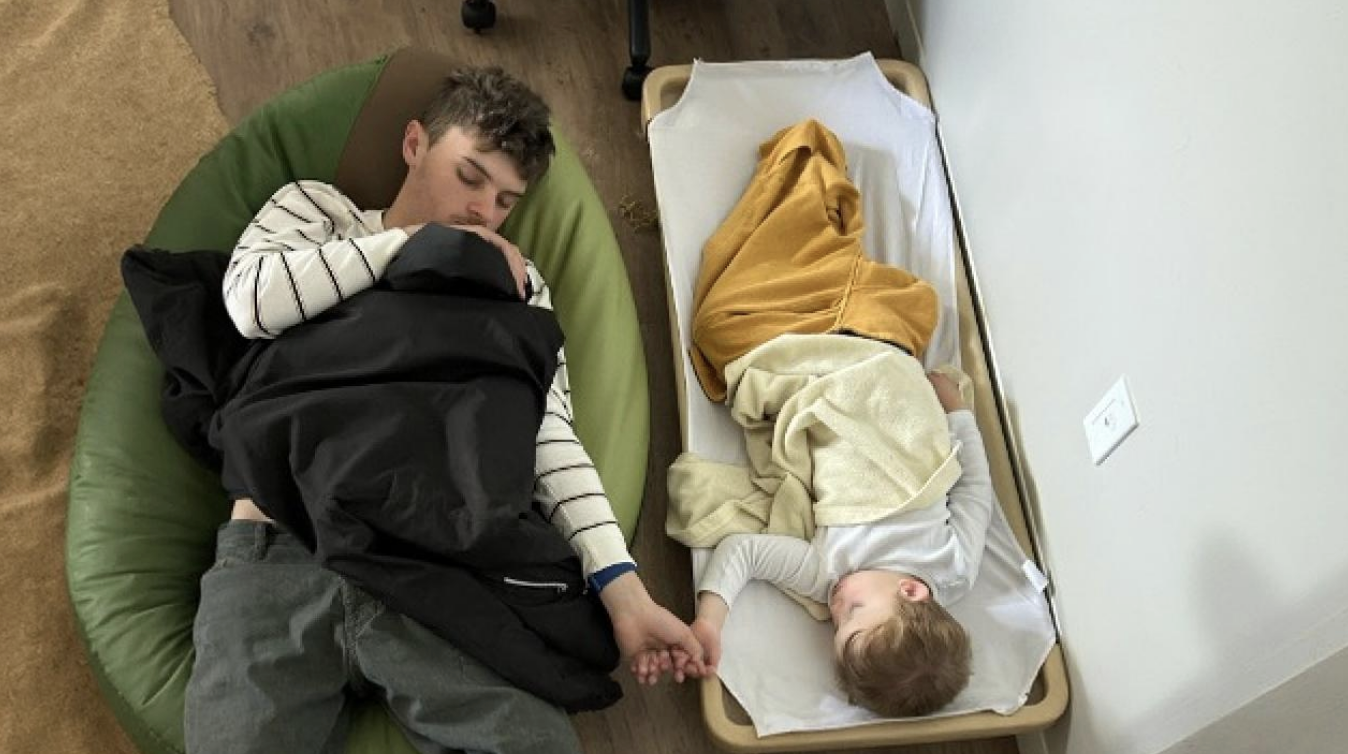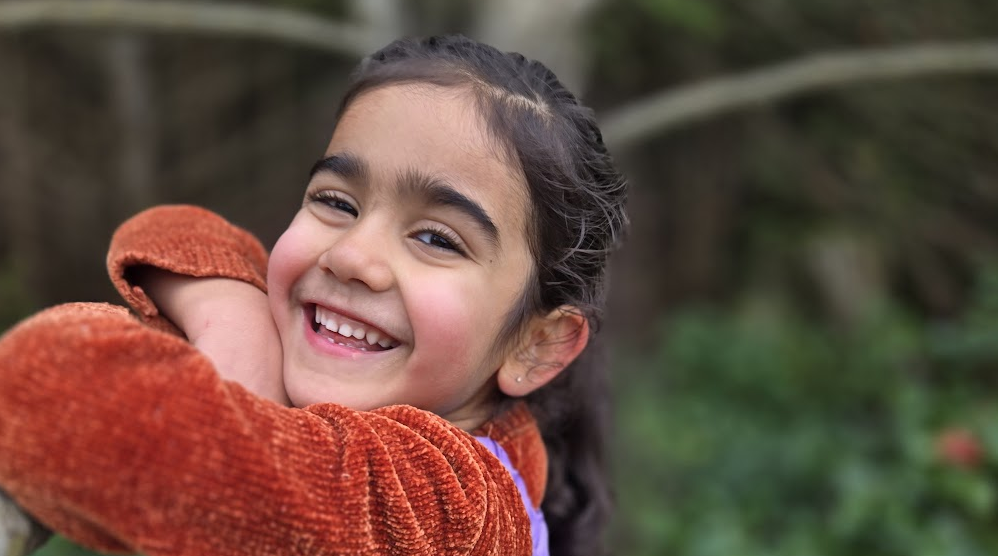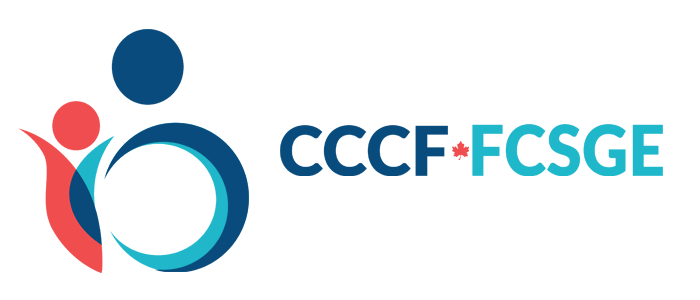Young children occasionally experiment with lying. We can help them tell the truth by responding calmly and consistently when we know they are saying something false. To be effective, we must understand their behaviour and remember that young children reason quite differently than adults.
To help young children tell the truth, adults must distinguish between a lie – a purposeful and persistent intent to deceive (“I didn’t do it!”) – and a young child’s imagination simply escaping into the realm of tall tales and wishful thinking (“We are going to throw away the new baby. She cries too much.”)
Persistent lies are built on a foundation of little lies that “worked” for the child in the past the child has learned that fantastic stories of false statements are effective ways to:
- minimize embarrassment
- avoid punishment
- gain attention
- protect self-esteem
Discover more topics for ECE’s and parents on Challenging Child Behaviors and Stress
“Never shame the child or imply that they are a liar. “This reinforces in the child’s mind that they are a liar.
Why do Children Lie: Wishful Thinking
Upon seeing a friend’s new puppy, a child may state emphatically, “I have a new puppy too!” Knowing this to be untrue, we may think the child is being deceitful when they are merely confusing fact and fantasy. If they state the wish convincingly enough, perhaps it will come true or even raise their status with peers.
When responding to wishful thinking, focus on the child’s feelings rather than the facts: “Do you wish you had a new puppy too? Would that be exciting?” By allowing the child to have in fantasy what they can’t have in reality, the story-telling very often subsides.
If, however, the child persists with the false statement, calmly restate the facts and again accept the feelings: “You do not have a new puppy and neither do I, but Tim does. You really wish that you also had a new puppy to play with. Tell me about the puppy you would like to have.” Redirect the child and be sure they get plenty of attention for non-puppy talk.

Persistent Denial of Observed Misdeeds (“I didn’t do it!”)
Frequently, deliberate denial in a preschooler is a sign the child has low self-esteem. They build themselves up by telling fanciful stories and protect their weak sense of self by denying misdeeds. If the behaviour is habitual, they need our help.
- Remain calm. A severe scolding or punishment often results in more lying!
- Avoid setting the child up to lie (even though you know they are at fault) by demanding: “Did you do that?” Their instinctive reply will be “No!” Angry adults and harsh consequences may simply frighten a child into continued lying.
- Never shame the child or imply that they are a liar. “You are lying, and you know it!” This reinforces in the child’s mind that they are a liar. The more they believe this, the more they will lie. Simply state your point: “Writing on the wall is not allowed.”
- Help the child break free from the role of liar. Point out their own honest statements and courageous actions: “Billy, I asked where Erin’s new whistle was and you said it was in your pocket. Thank you for helping by telling the truth. You are honest and also courageous!” If the child reverts to lying, remind them that you believe lying is not typical of them: “Why Billy, I’m surprised. Usually you are very good at telling us the truth. Remember when…” Before habitual lying can stop, the child must believe that deep inside they really are an honest person.
- Distinguish for the child the difference between their behaviour and themself. Young children often believe good people do good things and bad people do bad things, so denying a misdeed is a way of coping with the problem of wanting to be a good person.
- Meet the child’s need for attention by recognizing appropriate behaviour.
- Give the child an opportunity to make amends for the misdeed (cleaning up the mess, apologizing for hurt feelings, offering to share, returning an item). This teaches “a better way” and reinforces in their own mind that they really are a good person.
ReferenceFaber, A. & Mazlish, W. (1982). How to Talk So Kids Will Listen & Listen So Kids Will Talk. New York: Avon Books.












